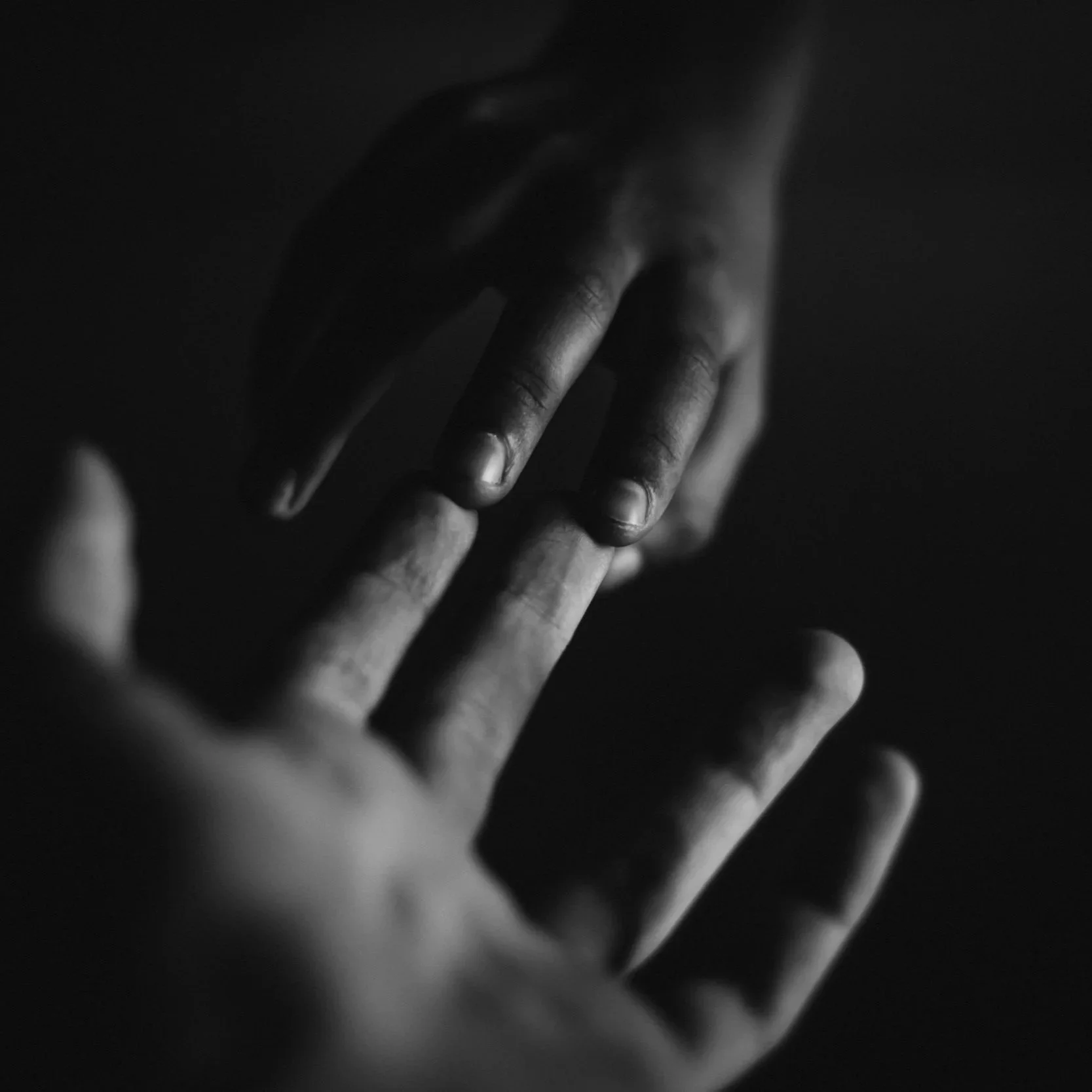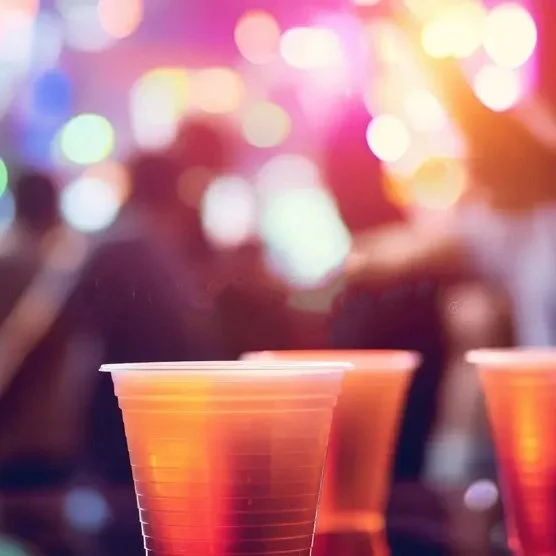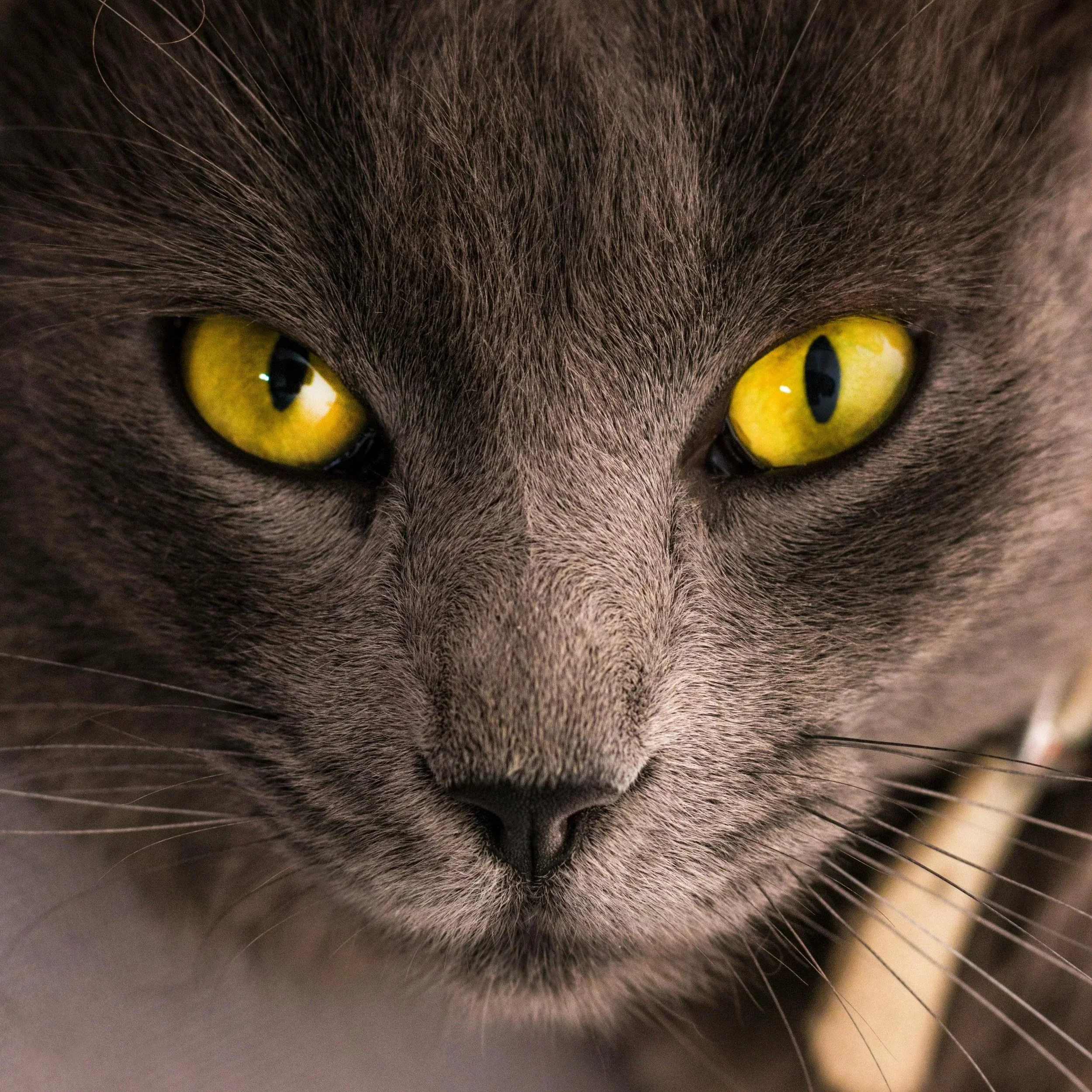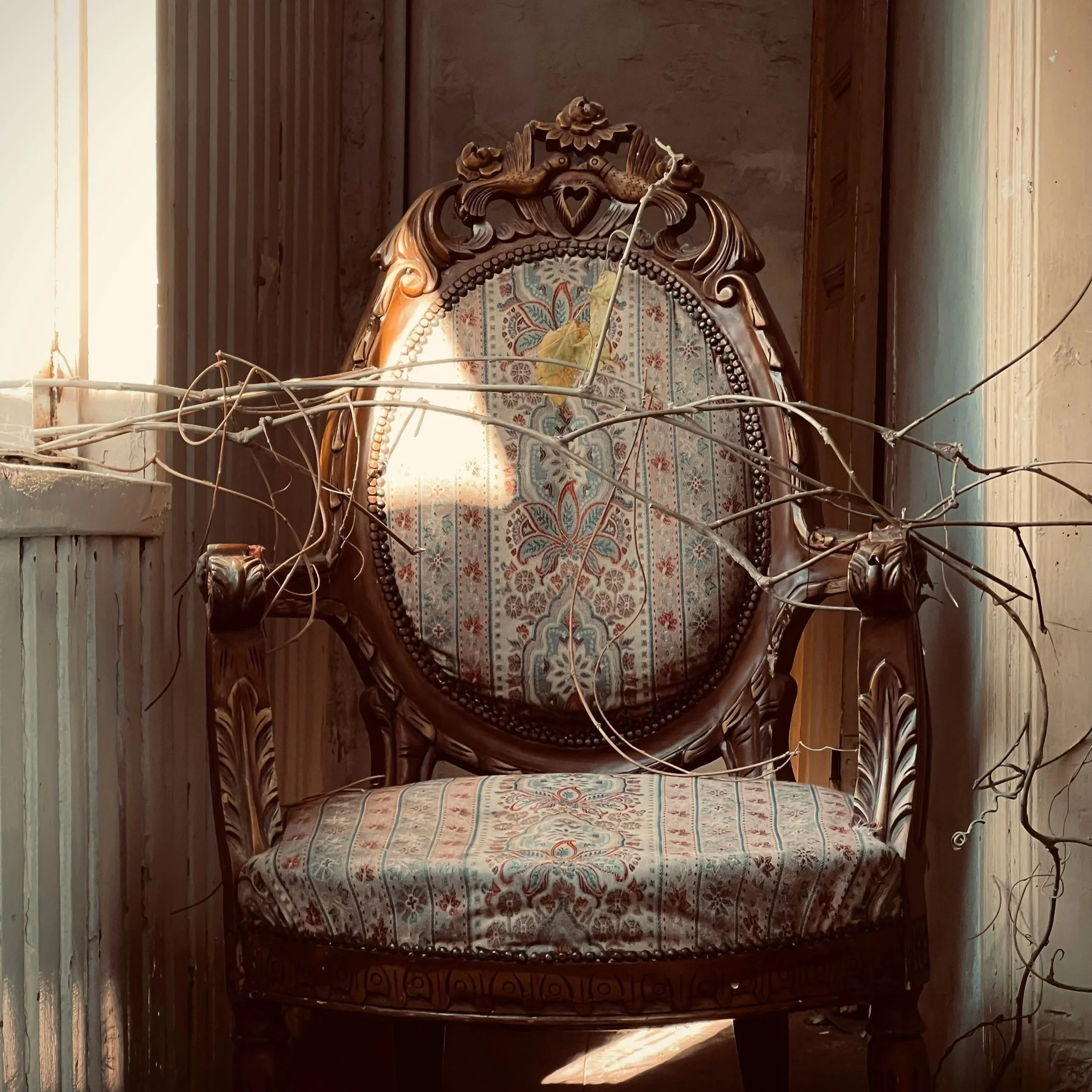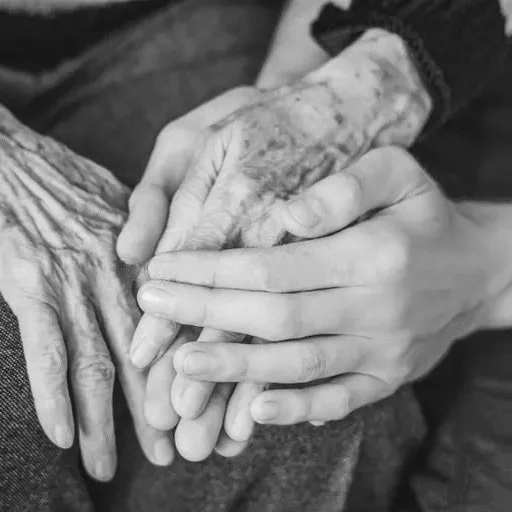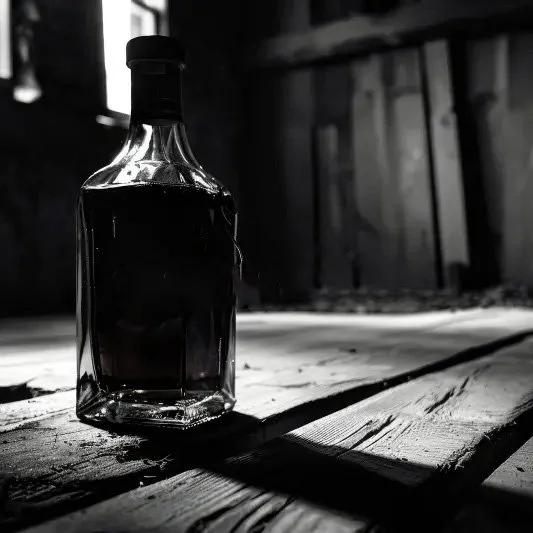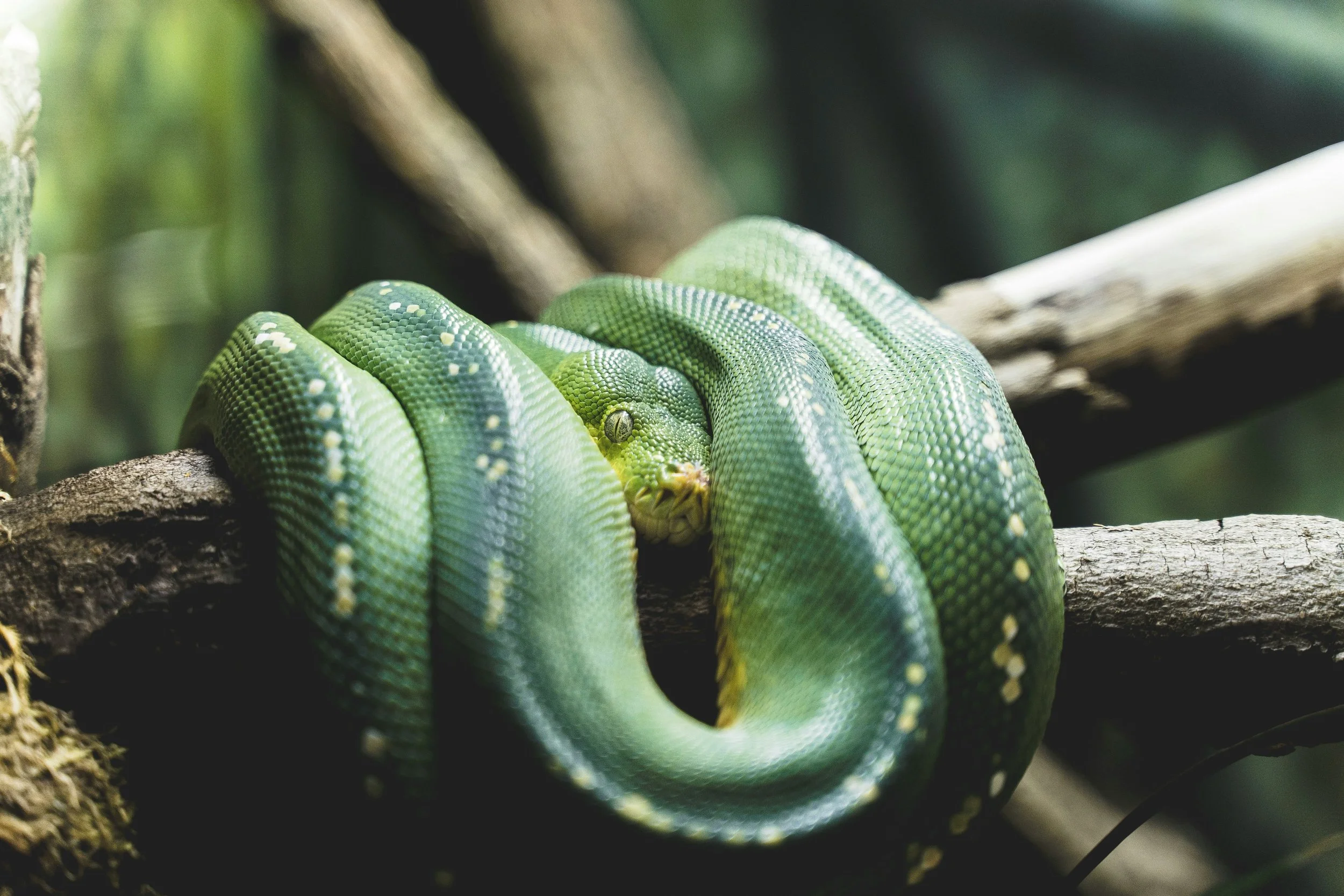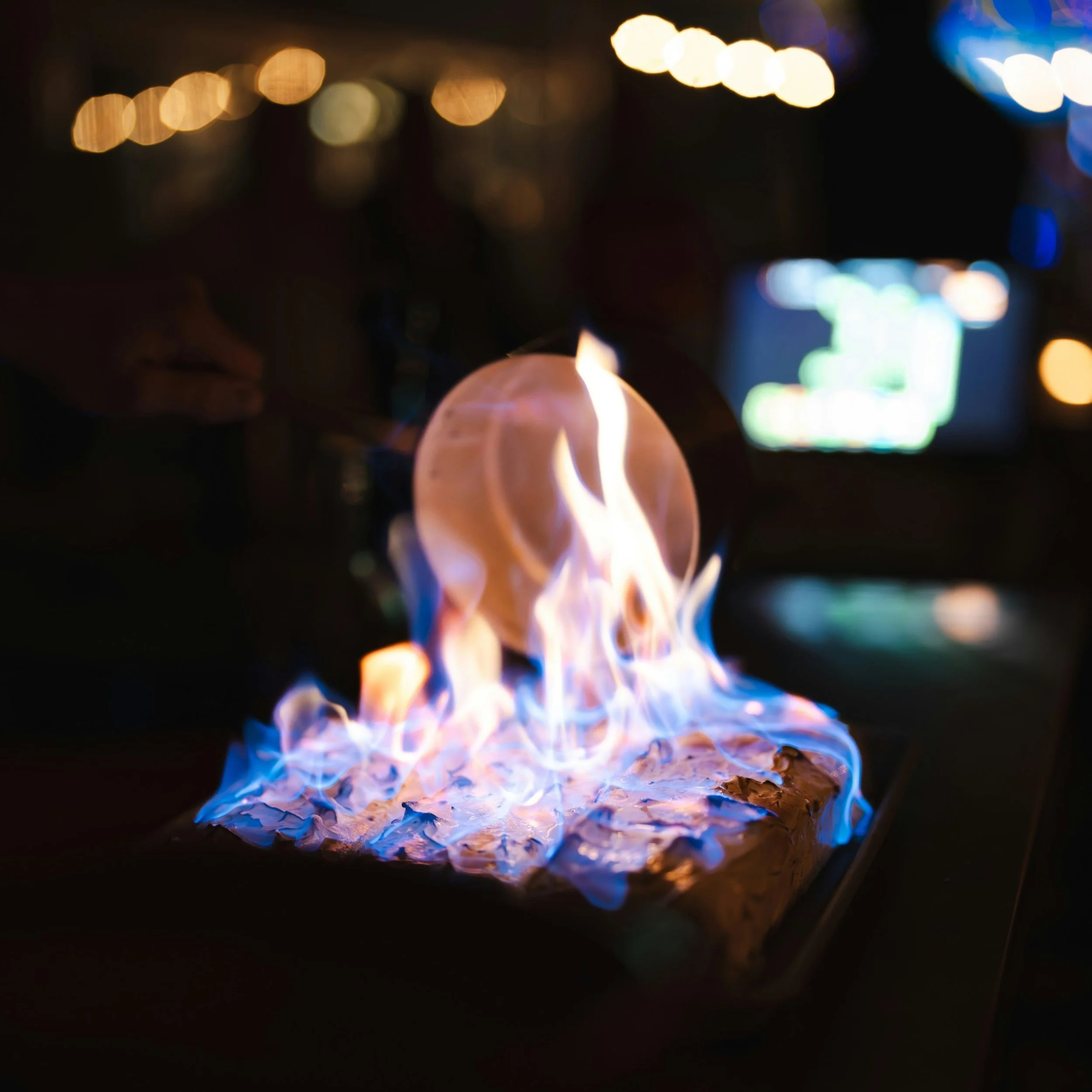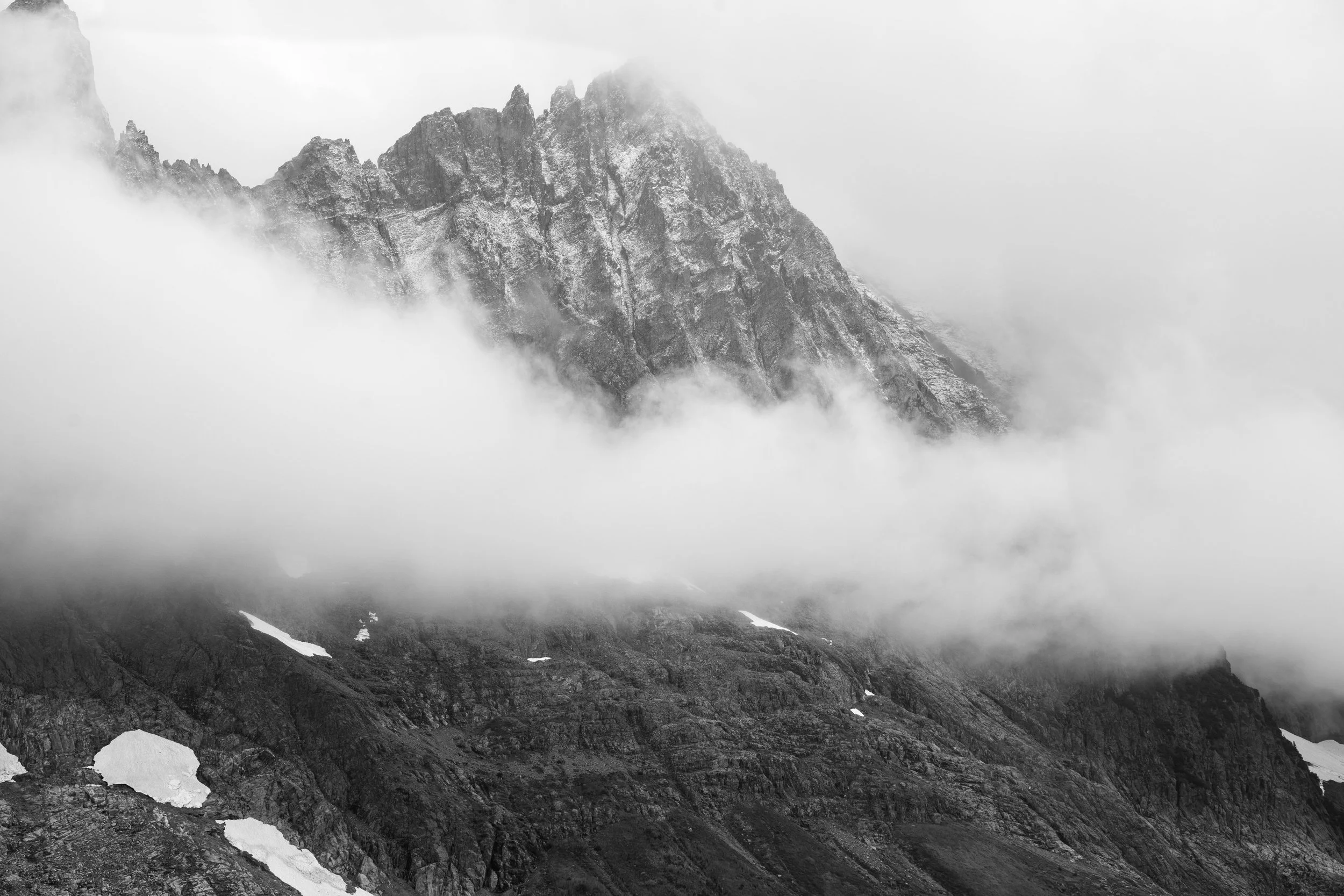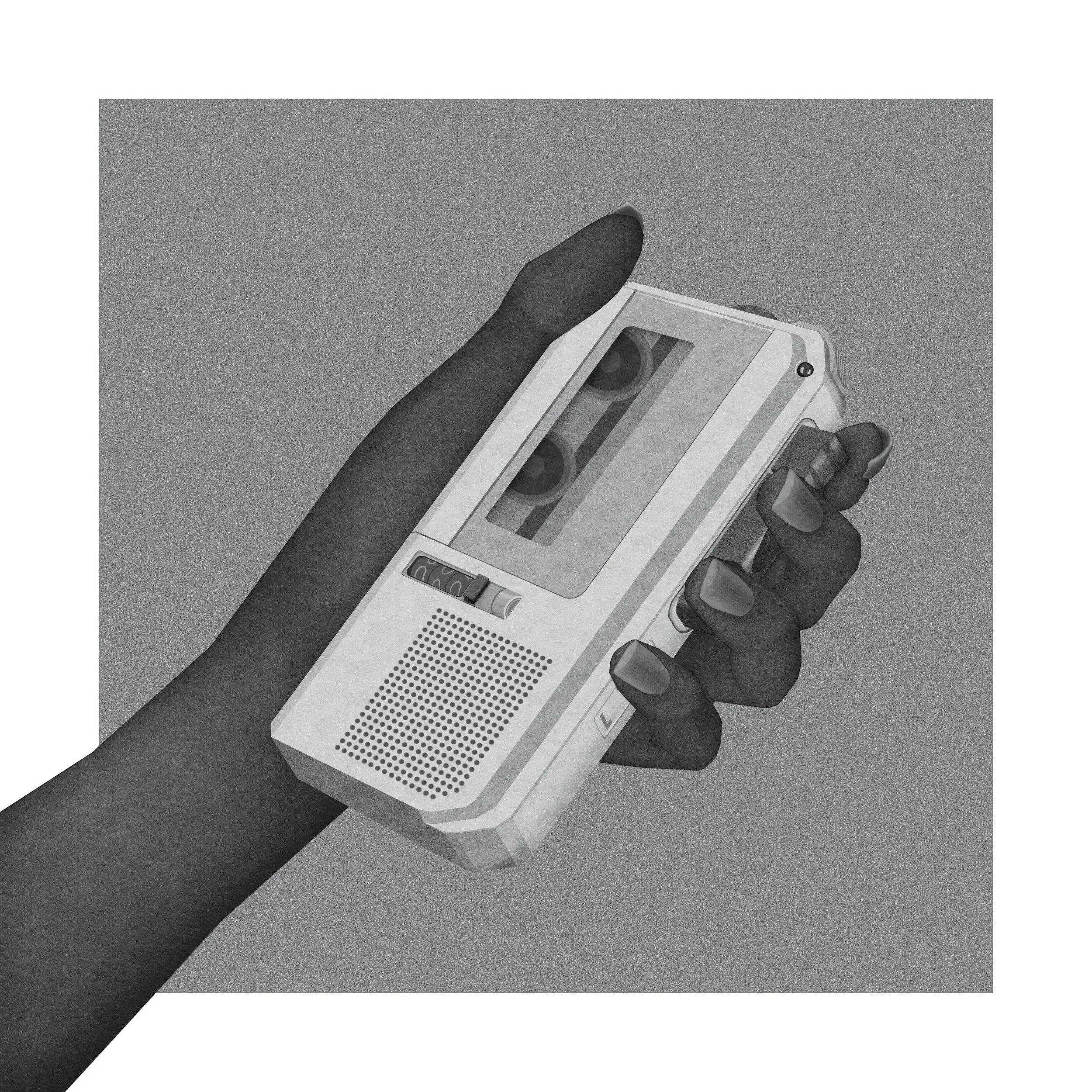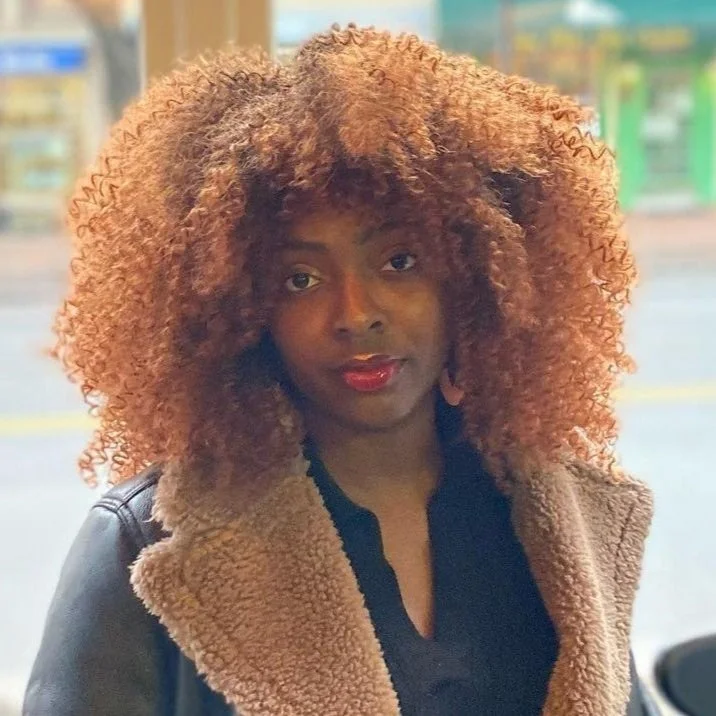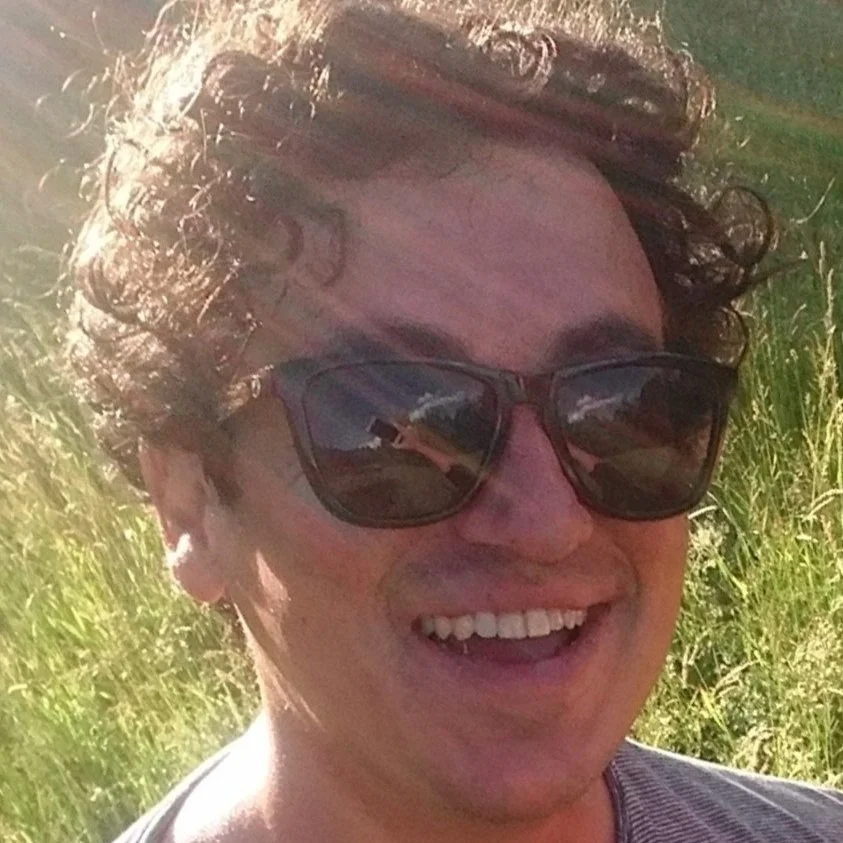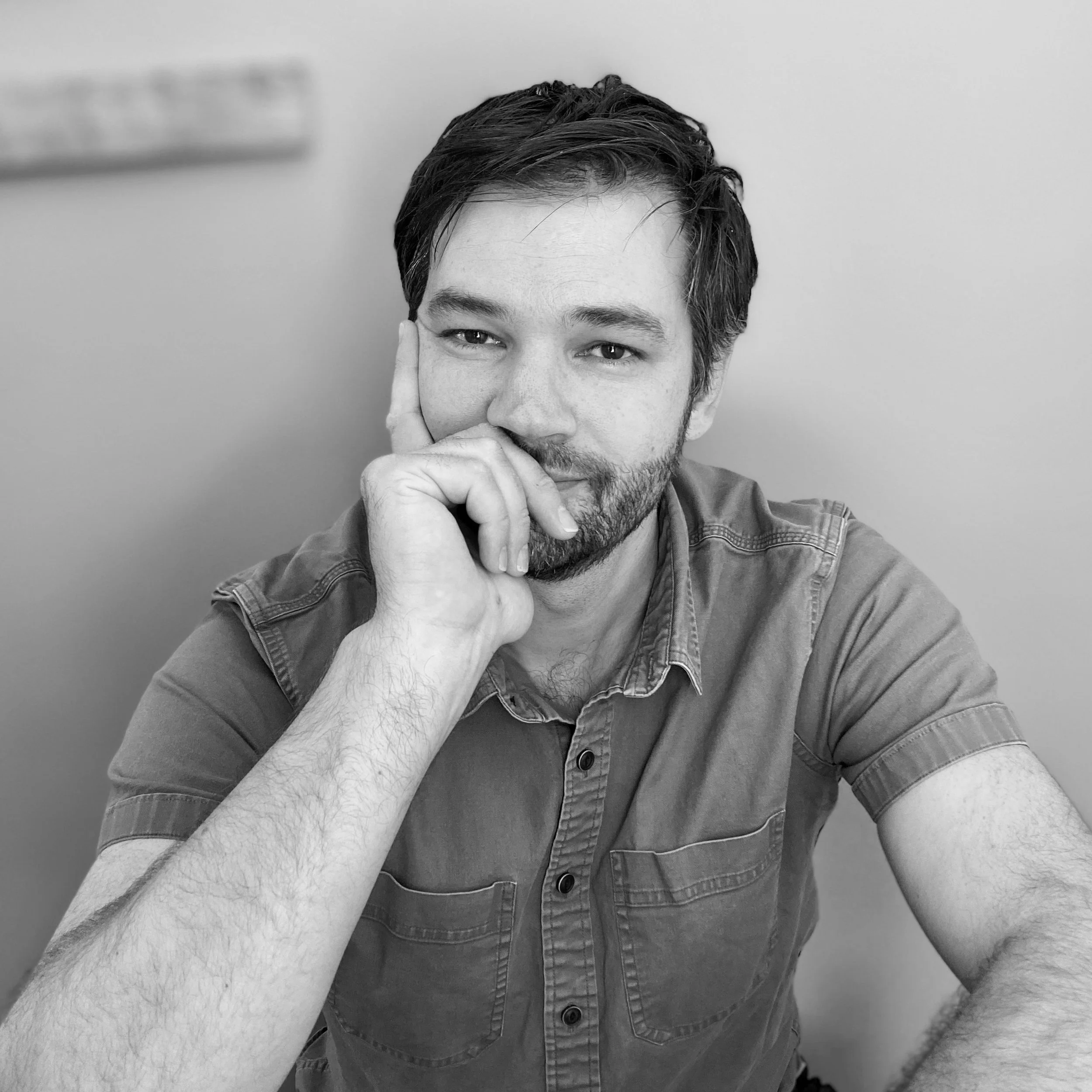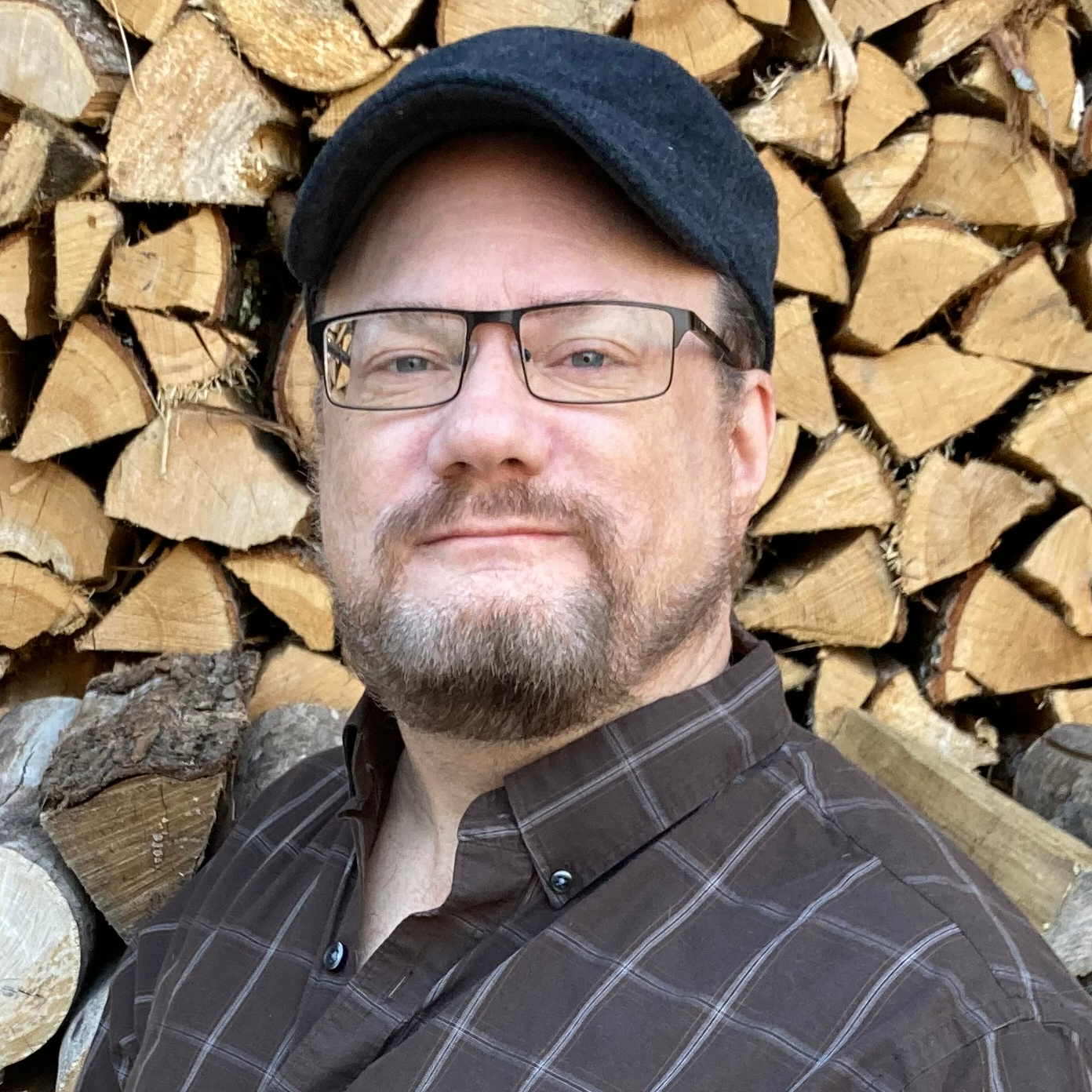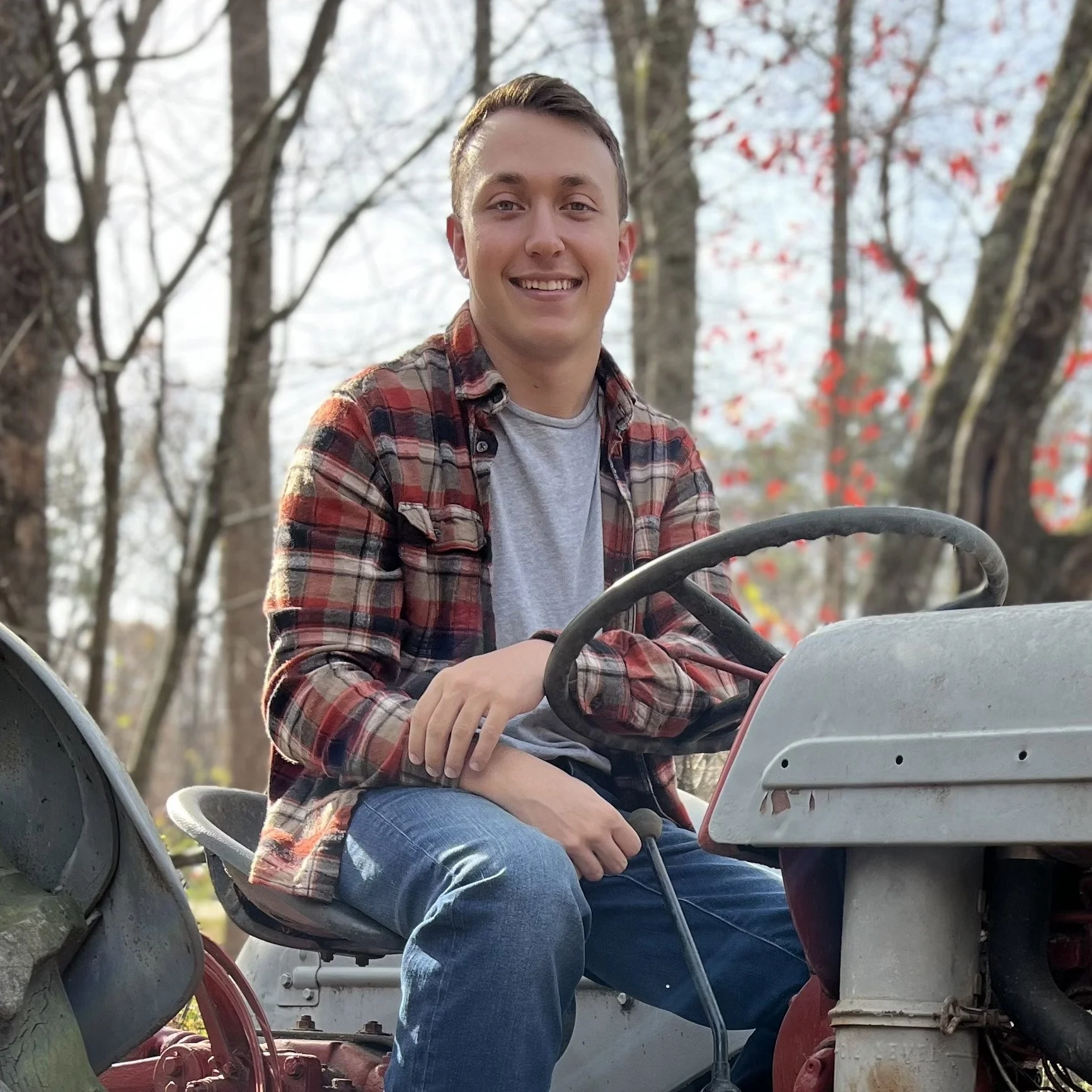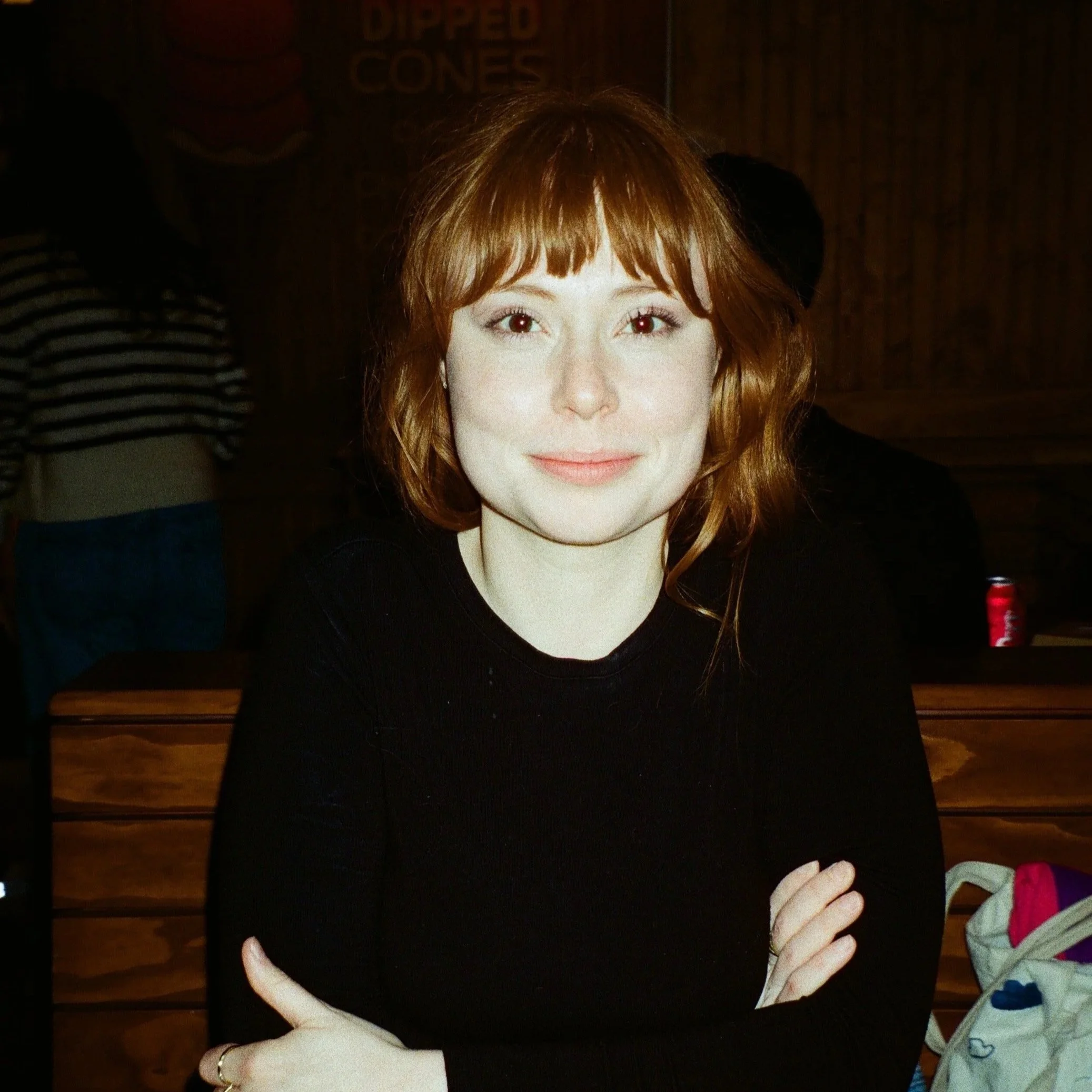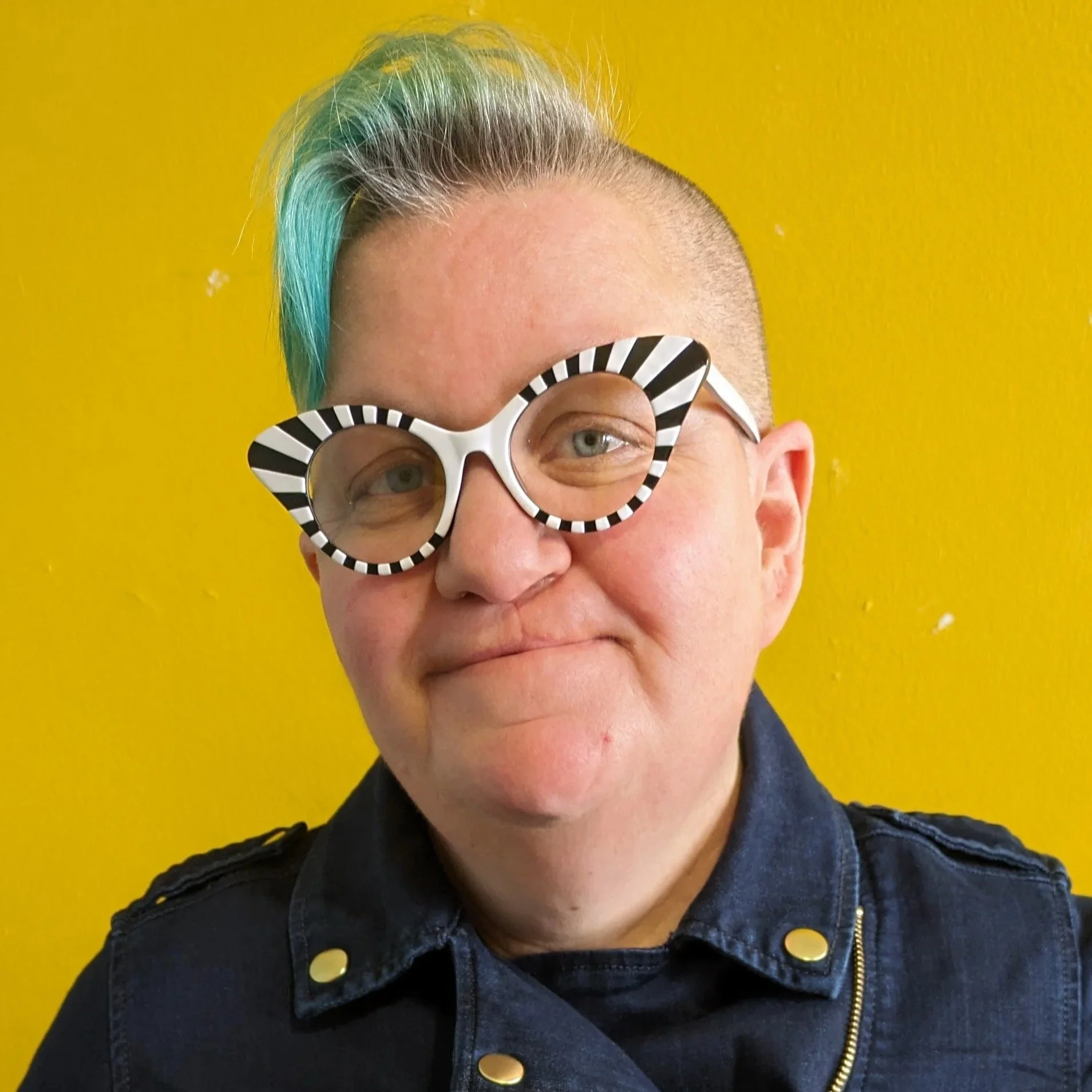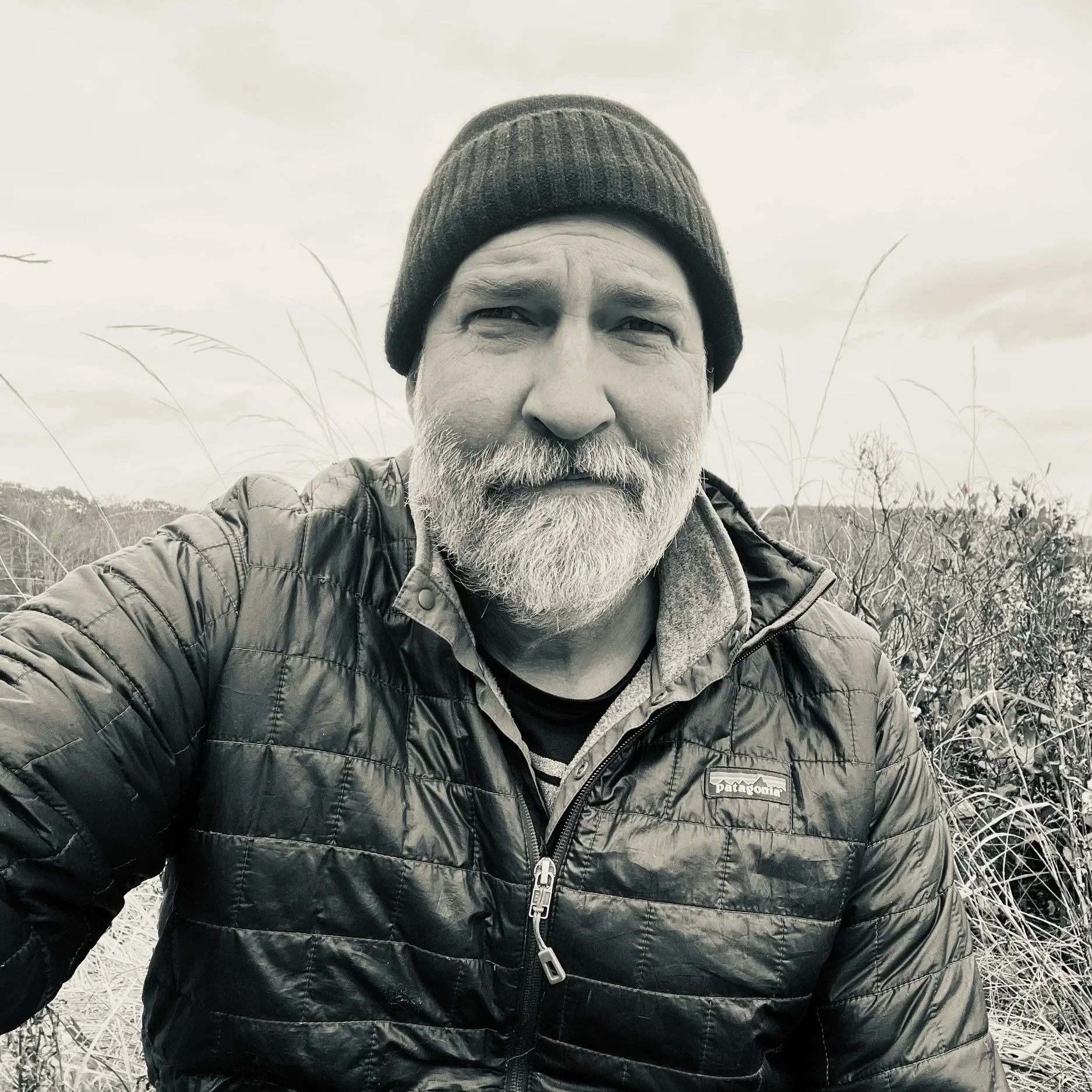The Stories
One of the joys of ORP is the extent to which it is international — in contributors, with almost a fifth of this issue made up of writers from outside the US; readership; and staff, myself the only American in the editorial voices on this page. It’s a widened perspective that’s especially welcome as the arts are defunded at home. Part political fireworks, part punishment, the move is completely maddening in its shortsighted self-injury. And yet, another season of submissions has only deepened my sense of how innate the desire to create is. This is what I hope you see in the stories below; that, despite attempts to divide, we are united by this drive toward artful communication, across time and place and circumstance.
— Carolyn Wilson-Scott
Fiction Editor
I've always wondered at the human mind’s capacity to react to reality in myriad, often surprising ways. I found that the stories in this issue beautifully explore this intricate dance between what we perceive and what is real. Driven by the relentless yearning to find meaning, the characters in these pieces look for ways to create a reality from their consciousness, often filling in gaps when reality doesn't make sense. We see how different characters perceive the same reality in different ways, and how someone’s entire reality can sometimes be forged from their imagination and desires. Storytelling, especially within this issue, acts as a magical force. The stories presented here are, in essence, a collective act of creation, a testament to writing as a place where different realities meet in a single consciousness, or indeed, where different consciousnesses come together to constitute a new reality altogether.
— Passant Eltarek
Fiction Editorial Intern
Lao Tzu (Chinese philosopher and author of the Tao Te Ching) said, “A journey of a thousand miles begins with a single step.” This is one of my favourite quotes because it is relevant to many situations and rings true especially for a writer. That first word, which soon blossoms into a story, is the basis of every writer’s work. Emerging writers probably feel the importance of this ‘first word’ more acutely. It might be their first word of thousands more, or the first story of a line of future accomplishments. I am grateful they have chosen to take their journey with ORP. This year’s work is varied in theme, but they all speak to the courage of putting words on a blank page and filling it with wonder and imagination. I am, as always, in awe of this and am thankful to be a passenger in their journey.
— Michelle Tanmizi
Editor, Emerging Voices in Fiction
One of my greatest joys is to delve deep into the heart of a writer’s story. The imagination and truths, surroundings and marvels, strengths and wonderful innovations that take readers into worlds beyond their own imaginings. This year’s submissions sent us into a wild sea of creativity with islands of gems. It was a hard task picking the best for this issue’s Emerging Voices Fiction category. It was both delightful to receive so much potential, but heartbreaking to let so many pass our shores. We hope that the stories we have chosen bring joy and wonder to our fellow readers.
— Alaa El Fadel
Reader, Emerging Voices in Fiction
Black Sky, Blue earth
Jaime gill
One moment, Earth is dead — a vast, aching absence fringed by coldly glittering stars. The next, it is resurrected — sunlight rolling across the clouds and continents in a red-gold wave.
I look for anything new down there, a reason to hope, but the land’s bleak contours remain unchanged and the cloud cover is as grim and ungiving as before. Nothing dangles the prospect of recovery or a safe homecoming.
WE’RE VERY GOOD AT ALMOST
KYLA STELLING
They had a habit of resurfacing in each other’s lives just when it was least appropriate. Elle had once said to Arthur, not-quite-smiling, “We’re very good at almost.” He nodded; not in agreement, exactly, but in recognition. He didn’t ask for elaboration. The ache had failed to vanish; it had simply become architectural, part of the way he was built now. A sentence he’d written in his head a hundred times and deleted each time before speaking.
for the love of magdalene
Edidiong U. Essien
Every part of me wants an impossible thing. Magdalene the sensitive. Magdalene the elusive. She is nothing like us ordinary mortals, not a clay figurine inflated with lifegiving air. Doesn’t share our useless imperfections. Envy, indolence, acrimony. No, Magda is something else entirely. A pearl amongst swine will always stand out, won’t it?
tommy Rock
David serafino
We do our drugs as a team, bandmates at my back because I'm Tommy Rock and everybody knows it except this punk taita. Punk taita got a dirty eye. I say keep putting that eyeball on me I'll stick it in my pocket. Taita says I got bad juju because he don't know I am juju.
easily obtainable self destruction
oliver rosen
Shifting, I try to manufacture a cooler stance, something unclenched. My smile pulls to attention, stretched sideways across my face in a way I hope is charming but is just as likely to be creepy or cringy or any swirling combination in an endless list of terrible things. Yet, by some miracle, I am searched in the awesome fire of his gaze and found worthy, rewritten in gold with a casual “so fucking good to see you, man,” and a firm pat on the back. In his presence, I forget that I’m not very funny, that I’m freckled and kind of stretched looking in a way that Becky, my roommate’s hot girlfriend, once described as “slenderman-esque.”
terminal
lucy zhang
Grandma hates cats. She’s on her ninth life and has spit in death’s face eight times. Five of those times, death ignored the glob of saliva and tried to hold her back from returning. She thinks cats are too tricky. Always skirting death instead of facing it head-on and winning. A deceptive, selfish species that’ll amount to nothing even with all nine lives, Grandma swears.
The North Side of The Chain Bridge
Anita Harag
Translated by Walter Burgess and Marietta Morry
I don’t dare take his hand. My palms sweat. They sweat when I’m nervous. This time I’m nervous because I have to take his hand and my palms sweat. Whenever I held my mother's, my father's, or a friend’s hand they sweated even more.
re: the wedding
Hunter Hague
Nancy,
I hate to email you again, but Teddy and I are feeling pretty low right now TBH. We just got a message from Violet's wedding website, and apparently I've been uninvited to the wedding. Is it a scam?
Great families
Robert Osborne
Trevor hasn’t emotionally processed his mother’s death. Or maybe he has, and I’m the one who hasn’t. He sits now in front of the television, his arms around his girlfriend Madeline as they watch some anime movie. It bothers me that Madeline is blonde and white, a young woman right out of middle America except with heavy eye makeup and an expensive manicure, and also the fact that she lives on the Upper West Side and has probably never been to the Midwest. Trevor’s mom was blonde and white, too, so to be bothered by Madeline’s appearance shows how far my hypocrisy will go.
intruder
shayna brown
My favorite photo is here, a portrait of the three of us together on the stoop of Granny’s shack. I can’t tell if it was happiness or sunshine illuminating our smiles. Because of Granny, we got to be kids. We never knew our dad, and Mom was lost to a cunning and baffling disease – too lost to be present for us, popping up only in between rehabs and binges.
the punchline
caleb sarvis
You say, What did Death do?
Death did three things. It wiped my memory of before, though it preserved my sense of self. It dropped me off in front of a set of swinging doors that read SAL and OON respectively. It dressed me in a tailored suit, three pieces, a raven’s sort of black that might’ve been purple if you were desperate enough.
A Six-Year-Old Takes on Form N-400 (With Some Help from Mrs. K)
elizabeth rosen
Form N-400 Application for Naturalization - Instructions
Part 1. Information About Your Eligibility.
Mrs. K says “eligibility” means “are you a good person for this.” Mrs. K is helping me fill this out because my s’s and b’s and p’s are messy and my h’s and n’s and m’s are lopsided. I want to stay here because Maggie S. is my friend, and Mr. Singh from the corner store at the bus stop gives me a free sweet after school. (Mrs. K says it’s probably not free and that Mami pays for it.) (Also, she says it is important to tell you that Mr. Singh is a citizen.)
The Ship that sails
stewart engesser
Debbie was supposed to spend the weekend at the Finch’s, watching their dog, but her boyfriend scored Metallica tickets. She asked if I’d do it. Their dog is so sweet, Debbie told me. It’ll be fun, it’ll be good for you.
At first it sounded kind of overwhelming, then it sounded good. Get out of the apartment for a while. Do something different. Escape. Sure, yeah. Why not.
Some things were going on in my personal life. Debbie knew about some of it, but she didn’t know everything. Nobody did. I hadn’t told anyone.
I was maybe losing my mind.
slough
Christopher Lee Chilton
It was an old Crown Vic that stopped for me, the kind they used to make into police cars. I thought it might be an undercover cop car at first, and the three men inside — large men with sack-like jowls — might be cops. They turned out to be insurance adjusters on their way to a conference in Daytona Beach.
On the High-Guide-Path of the Wind-Riders
Gary Devore
Critter’s first memory was being carried as a boy. His head turned, dozing, face-skin pressed against the back of his mother-brother. He must have been in a hide-sling because his sleeping boy-arms would not have been able to keep a grip for the whole low-path across the grass-plains. Critter remembered security. He remembered calm. To not walk was a comfort only for the youngest.
When an older Critter finally asked the others in the clan what happened to his mother and father, he got many answers. Most were lies.
dirty water
joshua patterson
Dad’s face and clothes were covered in dirt and dust. On his right knee was a bottle of what Momma called “Dirty Water.” He drank the dirty water all day long, only stopping to eat or open another bottle. He got mean when he drank it a lot, probably because dirty water didn’t taste very good, but Momma said it made him feel better.
the snake
loria harris
In the beginning, She took off Her clothes. She laid down into the cold and quiet of empty space, into the vacuum that burned Her skin and stole Her heat. She laid round, encircled Herself, and became the globe. From Her crevices, hair flowed into trees, grasses, into the bushes, the thistles and thorns. And from Her tears rivers streamed, oceans sprouted from inside of Her, broke the surface, and overtook most of Her body. Her breath evaporated into mist, and an atmosphere accumulated all around Her, protecting Her, warming Her. This felt right.
Body language
charlie watts
When the explosion happens, so close that Jeremy cannot give it a location, he thinks maybe he had known, in advance, that it was going to happen. This is because the thunderclap that replaces, for a long two-count, every other sight, sound, and smell in the restaurant with a flat-handed punch to his ears, is not even scary. Or painful. In fact, Jeremey feels bodily relief. His muscles activate, fixing him against all the movement around him. Glasses and dishes break. People leap in crazy ways out of their chairs. Messes explode everywhere. There is no plan.
Planting the seeds of your own destruction
haley basil
You are planting the seeds of your own destruction. You know this. There is only one option when you are dating a man seven years older than you.
And he is the first man you’ve ever dated.
And you are queer.
Playing on
stephen j. bush
You’re taking Imogen Giles who, despite the oncoming later decades of your relationship (a regretted peccadillo, debt, habituation, and illness), you’ll love always your life long, on a date — but it’s not a date-date yet, dinner and a show, but an impromptu and unstructured exposure of your heart. Perhaps you should be more anxious, but you’re not.
A horse made of smoke
JJ Amaworo Wilson
Matilda be my name, though some call me Tilly. Others call me Matty. Others Tilda. It don’t matter what folk calls me. I’s one hunnerd an’ twenty year old. By the time you git that old, nothin’ matter much.
I done buried four chillen. When they come from my womb they was made o’ the Lord’s clay an’ I done lef’ ‘em in clay, so they’s home. One were only a toddler. He the one I regret. He never did have no chance.
kept voices
Sage Tyrtle
Teacher Ducasse is separating ten eggs for the consommé, and the classroom smells like my feet after I run track. He says that if even a tiny speck of yolk gets into the whites you have to start again. I wonder if that's what it's like to live in a house? If sometimes the Wife is still cooking at three o'clock in the morning because she keeps getting yolk in the whites? I can't wait for next year, eighth graders get to do Indonesian Cuisine.
repeat and fade
katarina garcia
Since their last concert, she’s been living a slow death. Repeat and fade. The copout ending bands use in recording studios when they don’t know how to end a song. Repeating the good part again and again as it gets further and further away from you, until it loses the magic that once gave it meaning.
Not but from myself
Jacob reecher
This city doesn’t sleep because it can’t. Not just because of the noise. Though there is the noise. Some cars blast music loud enough to hear from blocks away. Ambulances blare their sirens and sit in traffic. The other day one took five minutes getting from 48th to 49th. I was there; I clocked it. The whole time, wee-ooo wee-ooo wee-ooo. And light everywhere. Look up from your shoelaces and a hundred signs blind you, signs for where to park and eat and drink, where to get your hair cut and your fortune told, what clothes to wear, what music to buy, what movies to see. No wonder nobody for miles can see a single star. Think about that. We literally traded the heavens for Times Square.
jake!
robert stone
Rice didn’t meet Simon and his mother on the way back. He wondered if they had bothered to try for the avocets. What he did see was a man standing facing the water and shouting at it. Rice couldn't hear what he was shouting at first but it was the same word over and over. When he got closer he understood the man was shouting Jake! and he was shouting this at a black Labrador that was on the opposite riverbank however many yards away. Rice stopped and looked at the man, a little behind him. What was to be done? He looked with an interested curiosity, watched the man and waited.
whistle
Franz Jørgen Neumann
I don’t tell Daniel that he was here before, as a baby. I don’t tell him of the life I thought was ahead for the three of us. How would telling Daniel more things about his late mother — about a life he doesn’t even remember — help him feel anything but an undercurrent of loss? Instead, I gather flat stones and hand him the best ones.
Steam
Beth sherman
When we were little, my brother and I used to jump out the window into the snow. First, we’d catch our breath in our hands. It looked like steam or some special effect from a movie we’d never watch. The cold grabbed hold of us and tore at our skin. Some people say Maine’s pretty. That’s because they don’t live here. There’s nothing to look at, just mountains and pine trees and potato fields and more mountains. But I had my brother and that was enough.
bloodstream
Dafydd McVeigh
Diego was dating an older guy who had a car and everything. I rode in the back like a kid, the two of them up front like my parents. Diego had ostensible control of the music, but Brett — the older guy, Brett — kept asking him to queue up songs. I held an iced coffee in one hand, and passed it to the other whenever it got too cold. Each time the rattling ice gave my restlessness away, I feared that Brett might judge me because of it.
the azucena
fiona Vigo Marshall
She was from some sardine village on the ruthless, sparkling Med, one of those dustbowls full of half-built ghettos for the English where even now you can get a house cheap without running water; and still missed the smell of fish in the air. Down here on the marina, there was just a pervading dankness, and whiffs of raw, eerie mud coming up from the river. The tide was coming in, swallowing up the mud flats and forming a thin line of water through the marshes. Azu stomped on ahead through the gathering October afternoon with its scrubby grass and red haws, past the conglomeration of industrial huts and portakabins that made up the waterfront.
up in the mountains, are you still my pal?
nic guo
The root of our conflict was unremarkable — a classic tale involving two men and a woman — but we were young and felt nothing was real without dramatization. To the outside observer it would appear the timing of it was all wrong — why come to blows now, after Wang Yimin and I had already broken things off? A part of me thought he planned on luring me into the wilderness to kill me. It was an outcome I was willing to accept but not without first hearing why. I had begun to suspect that the love triangle was just a pretense, an excuse to smother any underlying problems between myself and Gao Tianhang.



